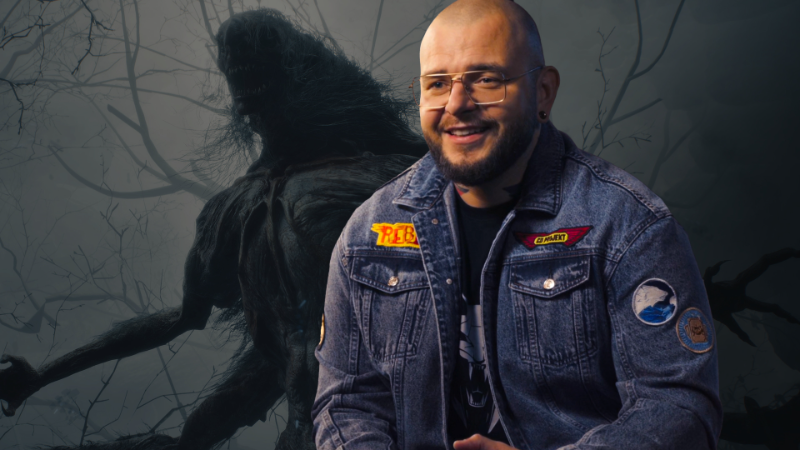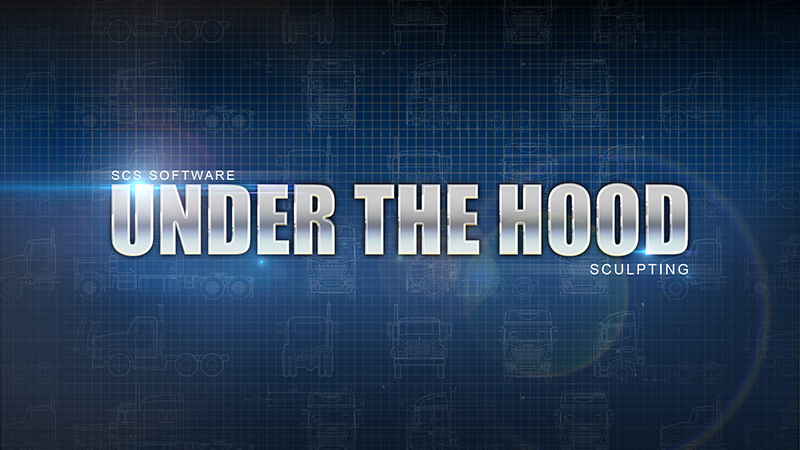The Yakuza saga has been delighting us for 15 years! More popular than ever, the Sega series has won many aficionados (or should we say otaku?) In recent years, thanks to the Kiwami remakes, episode 0 and the Judgment spin-off. However, the developers of Ryu Ga Gotoku Studio are not resting on their laurels and even taking some risks with Like a Dragon. This seventh episode is clearly in rupture with the others, since it puts on the front of the scene a new hero as well as a system of combat completely redesigned. Good news: the mayonnaise takes perfectly!
The Yakuza series, which can roughly be defined as a cross between Shenmue and Mafia, is therefore now in its seventh main episode. If Like a Dragon does not have a number in the West, the game is indeed called Ryū ga Gotoku 7 in Japan. It is therefore not a spin-off, despite two major changes. The first concerns the arrival of a brand new main character, since Kazuma Kiryu has officially retired with Yakuza 6. It will now be necessary to reckon with Ichiban Kasuga, a yakuza with a very endearing big heart. His first steps in the series are not easy, since the first chapter of the game takes him directly through the prison box, where he will spend his best years. Why ? How? ‘Or’ What ? We would take great pleasure in summarizing his journey here, but we prefer to let you discover it all for yourselves. Indeed, this prologue immediately contains some scriptwriting twists, and it would be regrettable to come and spoil these effects of surprise. It is obviously a question of mafia families, and this first chapter already sets the tone for the following ones. There is as much absurd humor as real emotional moments. It is one of the great strengths of the game, which manages to mix with elegance almost contradictory ingredients.
In addition, the adventure does not hesitate to give us the control of relatively old “losers”, far from the usual clichés of strength and youth. Thus, Ichiban comes out of jail at the age of 42 and finds himself penniless and homeless. He begins by collaborating with another homeless forty-something, as well as with a former detective, fired from his post two months of retirement without any compensation. Admittedly, four other more “solid” characters could then be recruited into the team (including a charming hostess), but this initial trio greatly serves the scenario, by allowing it to tackle themes quite rarely mentioned in video games (poverty , social downgrading, old age, etc.). Always with that particular tone, sometimes serious, sometimes crazy. In this regard, expect to burst out laughing regularly, the game does not hesitate to multiply absurd and delusional situations. Whether it’s discerning a fisherman from a delinquent urinating in the river, based on their posture as viewed from behind, or battling yakuza wearing diapers, anything is possible!
KICK THEM ALL!
The fights precisely, let’s talk about it! This is the other major evolution of this episode, which abandons the usual “beat ’em up” aspect for a turn-based system. We can already see some who moan at the back of the room, but the result is really pleasant. Because if these clashes obviously add a big tactical layer, they remain nevertheless very dynamic, thanks to explosive animations, percussive sound effects, mini QTE, and an always sustained rhythm. An automatic combat resolution option is present but, in practice, we will generally prefer to keep control over the action. It’s more efficient, more enjoyable and more rewarding at the same time. The different fighters therefore take their turn, and when it comes to one of the heroes, the player can essentially choose between five major actions. The basic “Attacks” are enough to defeat the weakest opponents, while “Parry” allows you to protect yourself from the most devastating blows and thus avoid the application of penalties. The “Acolytes” menu is used to call for help from strong allies, like the summons of a Final Fantasy. The “Objects” option allows you to select a saving item, usually food that gives life back or drinks that recharge mental points. Finally, these replace the mana of fantastic universes, and are used to trigger “Skills” which are not lacking in spice. Some examples taken from the panoply of Nanba, the SDF: “imploring look” allows to pity an enemy so that it gives us an object, “putrid breath” reduces the defense of the adversaries, “raid of pigeons” consists in throwing seeds on a fighter so that he is attacked by birds, and “vomit of flames” is like playing fire eater thanks to alcohol abuse (which is not good for your health). Cliché? So wait until you see Saeko the hostess kick the bag, or take sexy poses to disrupt the opposing camp. We almost border on the politically incorrect, but don’t count on us to regret it.
LIKE A DRAGON QUEST
Cleverly enough, the game manages to justify the presence of this turn-based system and four fighters thanks to the “geekitude” of Ichiban, who turns out to be a big fan of Dragon Quest. So much so that he is regularly seized with hallucinations during the fights, and that he sees the adversaries transform themselves into fighters much more threatening than the basic pedestrians that they are in reality. This is a good way to bring a little aesthetic variety to an urban and contemporary universe, necessarily more limited than an imaginary world. In general, the adventure also manages very well to integrate “fanciful” role-playing mechanics into its realistic scenario. For example, Ichiban can develop his personality along six different axes (style, passion, self-confidence, charisma, kindness and intelligence). Each branch increases according to various choices and actions, and then brings special bonuses. In any case, we wouldn’t trade this Japanese and modern atmosphere for anything. Whether it is the must-see red light district of Kamurocho or the city of Yokohama, it is a real trip to Japan that is offered to us, whether in terms of architecture, atmosphere or even ‘audio, since the choice is given to us between English or Japanese voices.
Anyone who has ever set foot in the Land of the Rising Sun will be able to testify to this fidelity, a characteristic of the series that we find perfectly intact here. This seventh episode also takes up the tradition of mini-games and multiple ancillary activities. Slot machines, playable arcade machines, Shogi, Mahjong, go-carting, collecting cans on bikes, and many more are on the menu. Special mention for the international school, which allows you to take exams of knowledge in sport, maths, zoology or even “history of Sega”, as well as for the mini-game of the neighborhood cinema, which asks us to fight against sleep by eliminating as quickly as possible “dream sheep” which appear randomly on the seats. Let’s finish with a few criticisms all the same, just to rebalance the balance sheet slightly (which in any case remains very positive overall, you will understand). For starters, slot machines are not directly accessible in the base game. You have to go through a large additional download to be able to benefit from it. If this DLC has the good taste of being free, it was however completely impossible to install it on our PC version. So go find out if the manager is SEGA or the Microsoft Store, but in either case, it remains just as frustrating.
During some fights we may also notice some problems with the placement of heroes and collisions with the elements of the scenery. The game also allows you to display a beautiful collection of invisible walls, whether in the middle of the street, at the entrance to metro entrances or on certain stairs. Surprising for an adventure which turns out to be on the whole rather advanced technically and graphically. The behavior of pedestrians is also annoying because, during the dialogue sequences or the cutscenes, we see them systematically turn around when approaching the place where our heroes are discussing. Once we have noticed this improbability, we only see that! Finally, we can blame the game for being a little too wordy, some innocuous dialogues tending to drag on unnecessarily. Others, on the other hand, fortunately serve the atmosphere and the construction of the characters. All of this contributes to a very long lifespan, since it takes between 40 and 80 hours to go around!







